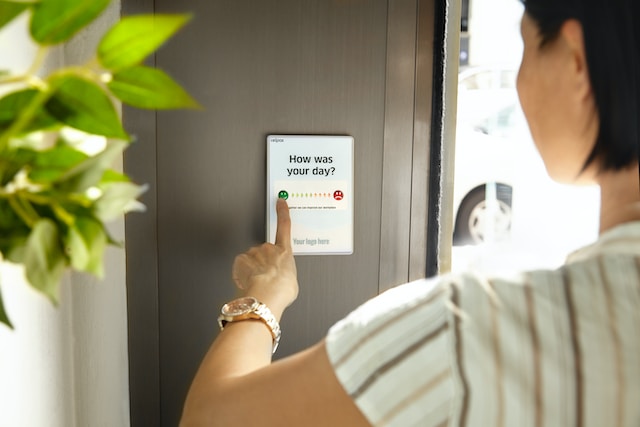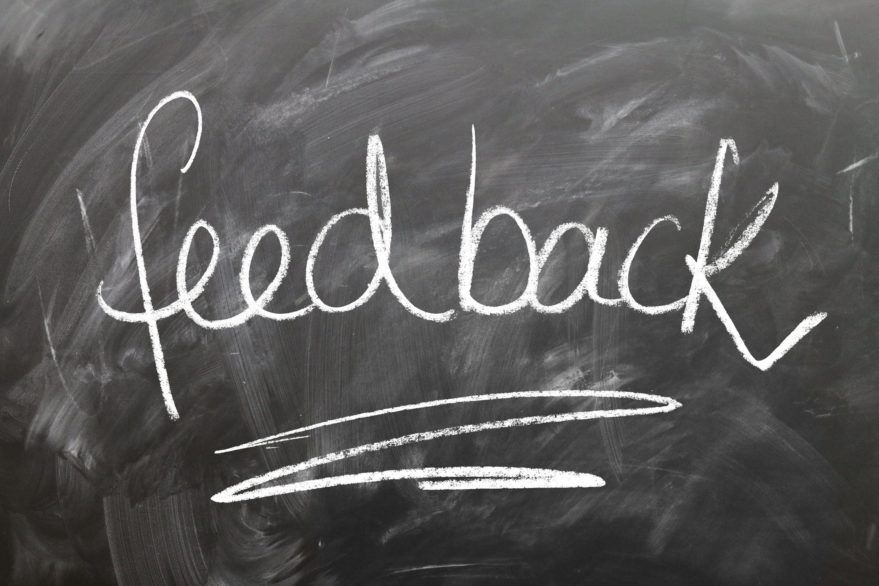

What is good to know about a company before a recruitment interview?
Is it necessary to read all the information contained in the job offer?
Here the answer is simple: you don't have to, but it's worth it. You can learn a lot from them about, among other things:
- The company's organizational culture - what values it upholds, what work models it prefers;
- The approach to the employee (pay attention to the language in which the offer is written: does the center remain the candidate and his career goals, or rather the employer and his requirements? Are there direct phrases to the recipient, or does the author mainly focus, for example, on highlighting the company's position in the market?);
- The profile of the company - what industry it operates in, what markets it operates in, what exactly it does;
- The history and structure of the organization - at least how long it has been operating and what entities it is affiliated with.
Why do you need all this information? First of all, to save your time. It is better to spend a few minutes reading a lengthy offer than to waste hours on a fruitless recruitment. Knowing the general characteristics of the employer will also make it easier for you to understand some of the requirements in the offer - such as knowledge of a particular program or language.
What do you need to know about the company at further stages of recruitment?
Let's assume that the job offer matches your expectations. You apply for the selected position, and soon the recruiter calls and invites you for an interview. It is possible that at this point you no longer remember the details of the ad, especially if you are actively looking for a job and respond to multiple offers. Before the meeting, however, it is worth not only refreshing these details, but also expanding your knowledge of the potential employer. What information is worth having and why?
- The exact name of the company and its business profile; this will not only help you avoid an embarrassing slip-up and, for example, not confuse the employer with its biggest competitor, but also make sure you're in the right place yourself 😉;
- Name and application of your main products and/or services; as above - plus the fact that, contrary to appearances, such knowledge is not common among candidates, so you can score extra points with the recruiter and/or future boss;
- Social media activity: does it have profiles, what does it post on them? This will give you an idea of not only the features of the product, but also the style of communication with the customer. Social media profiles also not infrequently provide valuable information about the company culture: company events, charity events, team-building events, etc.
- Characteristics of the position you're applying for: for this, it's a good idea to go back to the job offer, review the job description and requirements once again, and, by the way, immediately juxtapose them with your own strengths. This will help you prepare more thoroughly for the recruitment questions and better present yourself at the interview.

